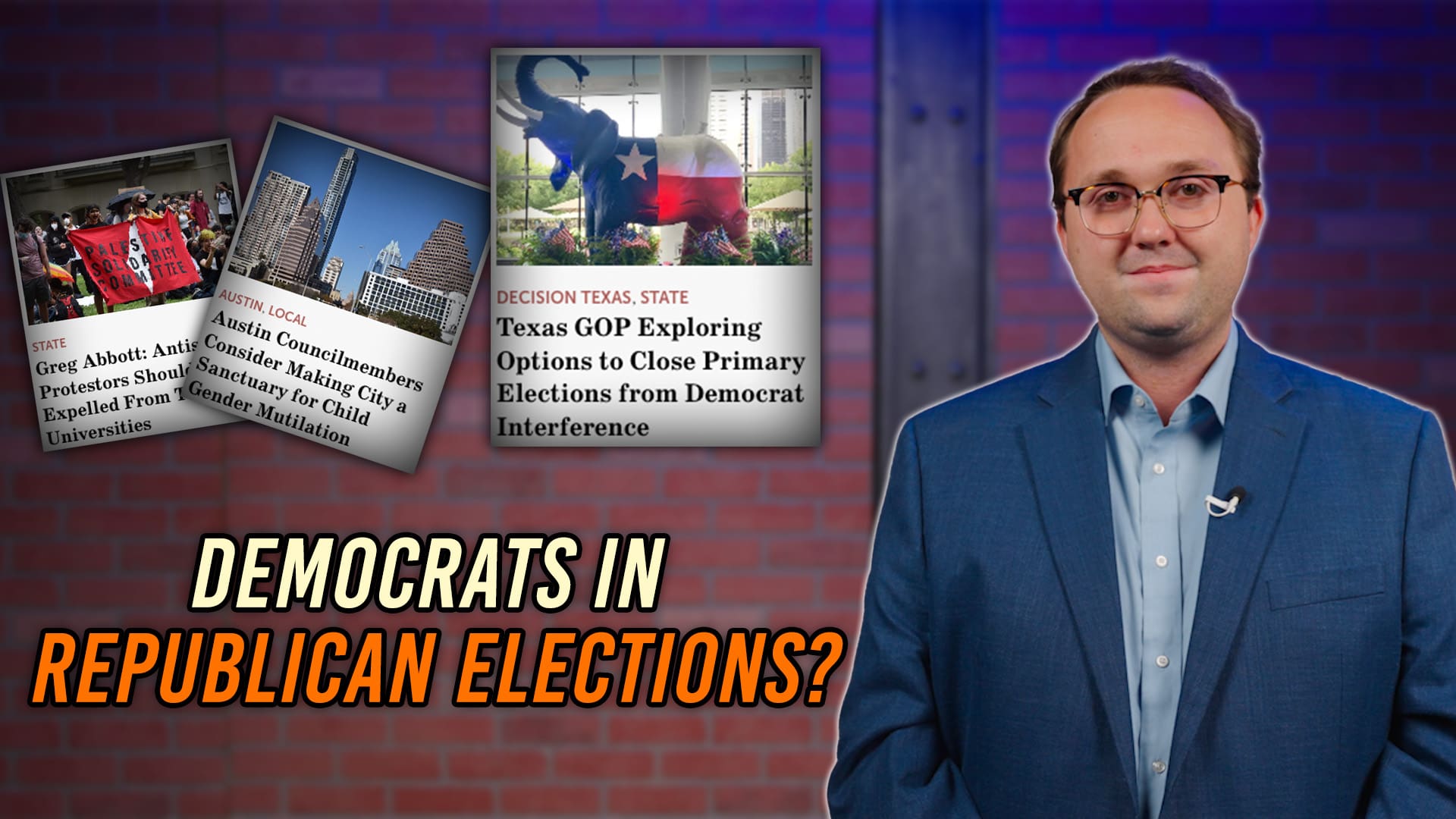Comptroller Susan Combs this week estimated that the new state business tax on gross revenues would bring in $500 to $800 million less than expected
However, even if this figure turns out to be accurate, it is not reason for lawmakers to consider raising the tax, or as some call it, “close loopholes” in the tax. First, the state still has a huge surplus, including $4 billion set aside in the 2008-09 budget to cover part of the cost of the property tax cut in the 2010-11 biennium, which is likely to bring another surplus thanks to increased sales tax and oil severance tax revenues. There is also another $3 billion plus in the rainy day fund.
Second, it would be irresponsible to raise the business tax until its negative effects, such as reduced job creation, can be fully evaluated. Perhaps some want to “close a loophole” by taxing wholesalers at 1 percent instead of .5 percent, a concession originally made because of their low profit margin. While there is a case for one rate across the board, perhaps that rate should be .5 percent.
The bottom line is that, if the business tax generates less revenue than anticipated, that just means more money is being left in the productive economy, and that’s not bad news at all.



